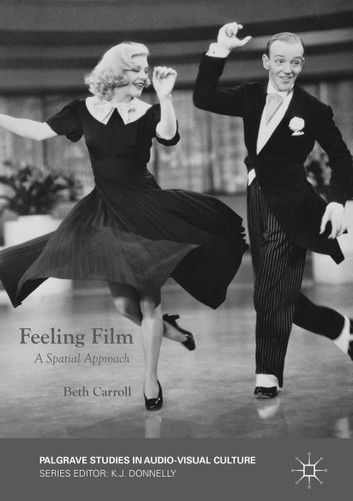| FindBook |
有 1 項符合
Feeling Film的圖書 |
 |
Feeling Film 作者:Beth Carroll 出版社:Palgrave Macmillan UK 出版日期:2016-11-25 語言:英文 |
| 圖書館借閱 |
| 國家圖書館 | 全國圖書書目資訊網 | 國立公共資訊圖書館 | 電子書服務平台 | MetaCat 跨館整合查詢 |
| 臺北市立圖書館 | 新北市立圖書館 | 基隆市公共圖書館 | 桃園市立圖書館 | 新竹縣公共圖書館 |
| 苗栗縣立圖書館 | 臺中市立圖書館 | 彰化縣公共圖書館 | 南投縣文化局 | 雲林縣公共圖書館 |
| 嘉義縣圖書館 | 臺南市立圖書館 | 高雄市立圖書館 | 屏東縣公共圖書館 | 宜蘭縣公共圖書館 |
| 花蓮縣文化局 | 臺東縣文化處 |
|
|
圖書介紹 - 資料來源:樂天KOBO 評分:
圖書名稱:Feeling Film
This book questions the de facto dominance of narrative when watching films. Using the film musical as a case study, this book explores whether an alternative spatial understanding of film can offer alternative readings to narrative. For instance, how do film aesthetics influence our interaction with the film? Can camera movement and music make us ‘feel’ cinema? Can the film world bleed into our own? Utilising film musicals ranging from those by Fred Astaire and Ginger Rogers to von Trier’s Dancer in the Dark (2000), Feeling Film: A Spatial Approach investigates how we might go about understanding the audience's spatial relationship with film aesthetics, what it might look like, and the tools needed to conduct analysis.
|











